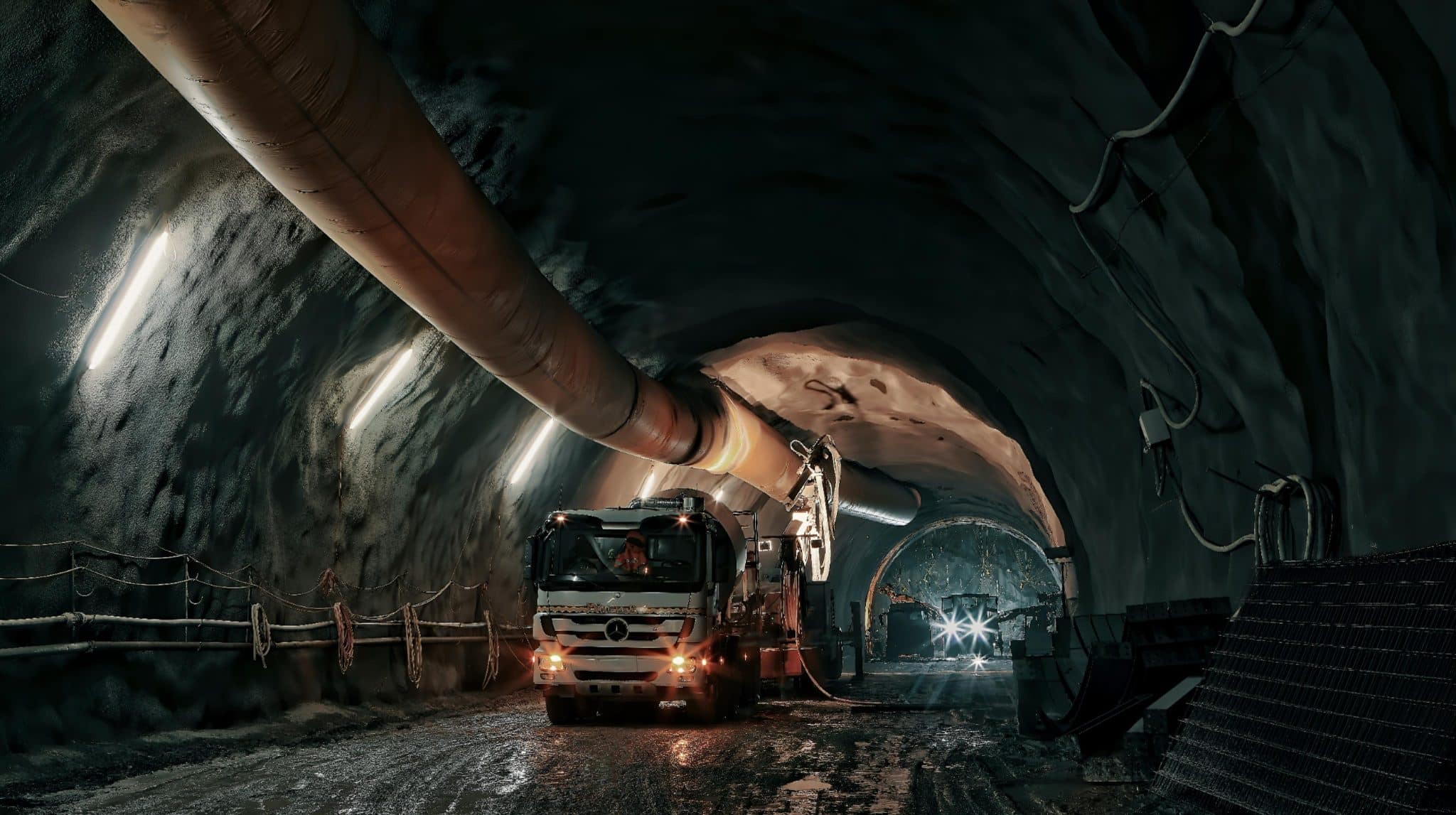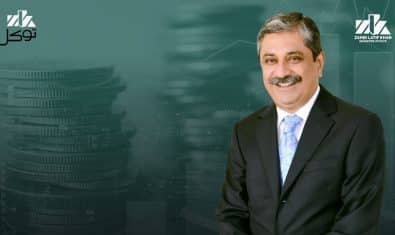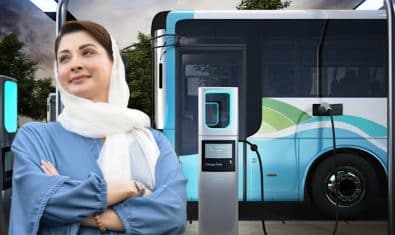The world’s axis has shifted, a geological event that warrants worry – beckoning each global citizen to contribute towards the stability of the planet. Within that vein, I will take the liberty to deliberate on three significant changes in Pakistan that have brought in a much-needed shift – a formative approach to enable this country of 240 million people to move towards prosperity. My commitment and my passion for Pakistan have always compelled me to be objective and critical in my evaluation of what works for economic progress in both the national and regional contexts, and I speak from the same.
My articles and talks on the investment climate have covered the diverse landscape of opportunities in Pakistan and actions that need to be taken to explore viable options through Special Economic Zones (SEZs), FDI, the long-term framework of policies, competence, privatization, and facilitation of investors, meritocracy, and, above all, accountability. Investors need to see stability, investor-friendliness, and a safe environment to bring in the money; moreover, Pakistan needs to create that very essential element that we call trust.
The three significant changes that I will analyze here have come about as empowered initiatives for the development of trust in the country’s potential. All three have come silently and herald good times for Pakistan. How all three have a strong connection, and how I see that connection to be an empowering one for the country, is what I wish to deliberate on!
The first is the establishment of the Special Investment Facilitation Council (SIFC) and its role as one window of facilitation for investors. They have proactively galvanized dormant projects and have initiated many new ventures. They seem well-positioned to bring Pakistan back on the map as a strong potential hub for the Middle East and Chinese business interests. With SIFC leading the way, my faith in the long-term vision, continuity of projects, and one-window facilitation, seems to have been realized.
The second event is the recently held Pakistan Minerals Summit in Islamabad. Mining is part of the five areas of development on SIFC’s agenda and the Summit proved to be a great start to turning ‘Dust to Development.” The Summit focused on Reko Diq as it possesses almost $6 trillion worth of potential.
As Nutshell Conferences Group curated the entire event, I had a front seat to the glittering assemblage of Ministerial delegations, international experts, Pakistan’s corporate leadership, and above all, the executive leadership of the country representing the esteemed offices of the Prime Minister, Chief of the Army Staff, Cabinet Ministers, and technocrats.
SIFC’s vision is clear and fast-paced, however, I will share my two concerns; one for the civil elected leadership to become competent partners in the overall investment climate to ensure a progressive way forward for democracy, and the second for the downstream industries for minerals, so that we can look at a future where we may hold onto our gold dust and trade in finished products, for a bigger profit margin and stronger control of our resources.
Last, but not least, is the appointment of my very dear friend and brother, Senator Anwaar-ul-Haq Kakar, as the caretaker Prime Minister. He is well-educated, humble, and a true visionary, representing the golden sands of the largest province of Pakistan. He is one of the founding members of the CORPORATE PAKISTAN GROUP, and as such we have had detailed discussions on the economic and cultural strengths of Pakistan in general, and Balochistan specifically. With Senator Kakar at the helm of affairs as the interim Prime Minister, I hope to see Balochistan’s prospects get translated into expedited development via support for investors in Mining and Minerals.
Balochistan represents almost 44% of Pakistan’s land. As part of the rich Tethyan Metallogenic Belt (TMB), it literally holds gold in its dust. This rich mineral reserve stretches all the way to the North before entering China, endowing Pakistan with trillions of dollars worth of minerals. We have the world’s second-largest salt mines, fifth-largest copper and gold reserves, huge coal deposits, and vast crude oil reserves, yet our minerals sector’s performance has been underwhelming, with exports accounting for a mere 0.1% of global exports and 2.5% of Pakistan’s GDP.
The Pakistan Minerals Summit constitutes a consolidated step towards translating Pakistan’s mining potential into actionable strategies. It brings the much-awaited collaboration of Barrick (Barrick Gold Corporation) and the Saudi government with the Pakistan government. And with the caretaker Prime Minister Kakar in office, we can look at Balochistan becoming a major conduit for Pakistan’s success.
In discussions with Mark Bristow, Chief Executive Officer, Barrick, I could hear my sentiments being echoed. He shared a deep insight into the rich prospects of Balochistan, quoting Lewis Carol’s ‘If you don’t know where you are going, any road will do’ as a wake-up call to realize our mining potential and the need for socio-political dynamics to synchronize with the development requirements of the mining industry.
As the Minister of State & Chairman Board of Investment, and later in my personal capacity, I had many meetings with the honorable Khalid Al-Falih, Minister of Investment of the Kingdom of Saudi Arabia (KSA). I am fortunate to count him as one of the most ardent friends of Pakistan. Time and again, I was honored to communicate his keen interest in partnership with Barrick in Reko Diq to all the stakeholders in Pakistan and played a strong role in the developing landscape of FDI. My team and I had put together a trajectory and were keen to see it happening.
Engineer Khalid bin Saleh Al-Mudaifer, Vice-Minister of Mining Affairs, Ministry of Industry & Mineral Resources, KSA, was at the Pakistan Minerals Summit, representing the Saudi interest as collaborators for the Reko Diq mining project and I felt grateful to see the idea come to fruition. My wish to “move away from the loan and aid mindset and become partners” was finally seeing the light of day.
Jacques Van Tonder, Chief Development Officer, Rio Tinto, mirrored my gumption when he referred to his life in South Africa and mining dust being in his veins. He referred to the Oyu Tolgoi in the South Gobi region of Mongolia as one of the largest known copper and gold deposits in the world and compared Reko Diq as an equally powerful medium to change the prospects of Pakistan.
With good examples like that of Thar Coal (credit goes to the Sindh Government, Engro Corporation, and other investors, for this momentous task of public-private partnership for indigenization for progress), and the signed deal for the ARAMCO Project, we are witnessing how rising concerns over investments vs imports are spurring investments to help bring the world to sustainable dynamics. We are, as yet, not strongly positioned in this equation of transition, but we can be.
The shift has given me hope. Pakistan, in the last few months, faced the most critical of hours with default on the horizon and instability across the landscape. Devaluation was not just of the currency; it was of the morale of the nation. In times as trying as these, credit is due to the Chief of the Army Staff (COAS) General Syed Asim Muneer, for his resilient commitment to support the economy through FDI and ensuring SIFC’s uninterrupted work for the same. His strategy to unfold the prosperity route seems to work perfectly in sync with the national goals of economic upturn and international objectives of a safer planet. Our russet gold reserves may just impact the investment climate of the green planet tomorrow.
As a finale to this piece, I would request the stakeholders to ensure that no repeat of judicial intervention happens as it did in the past by a former CJP, costing Pakistan billions of dollars. At the end of the day, money can be made again, but lost years of probable happiness and growth can never be compensated. The cost that Pakistan paid was worth more than its weight in any gold scattered in its dust.
The writer, Muhammad Azfar Ahsan, is a former Minister of State and Chairman Board of Investment. He can be reached at @MAzfarAhsan on X (Formerly Twitter).























SIFC is just another CPEC. Designed for short term gains and elite capture.
Reforestation of a few areas of Balochistan is more important as it will allow more water to get stored in the land, allowing us to create more cities there. The new cities should be turned into economic hubs for the surrounding areas. This will boost the overall economy of Pakistan as well.